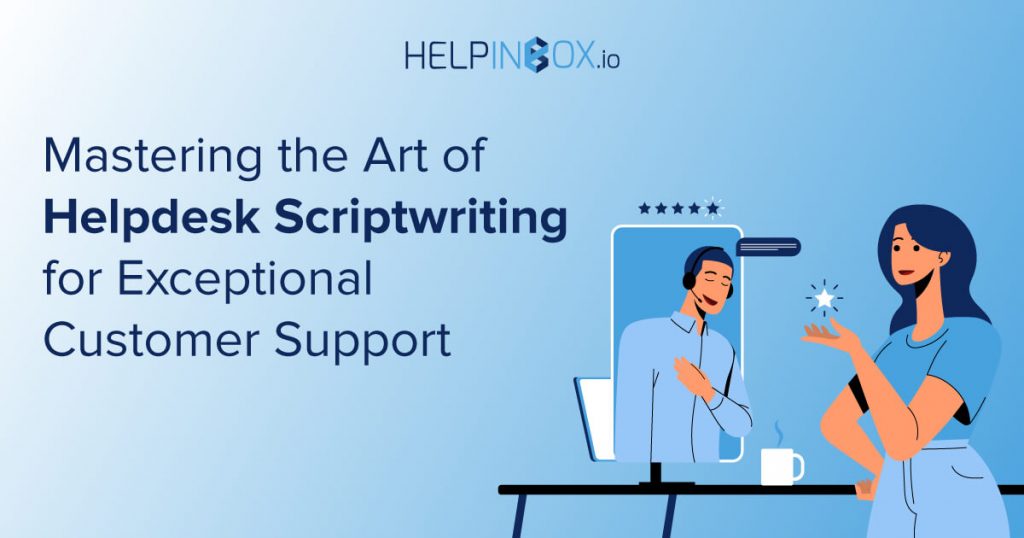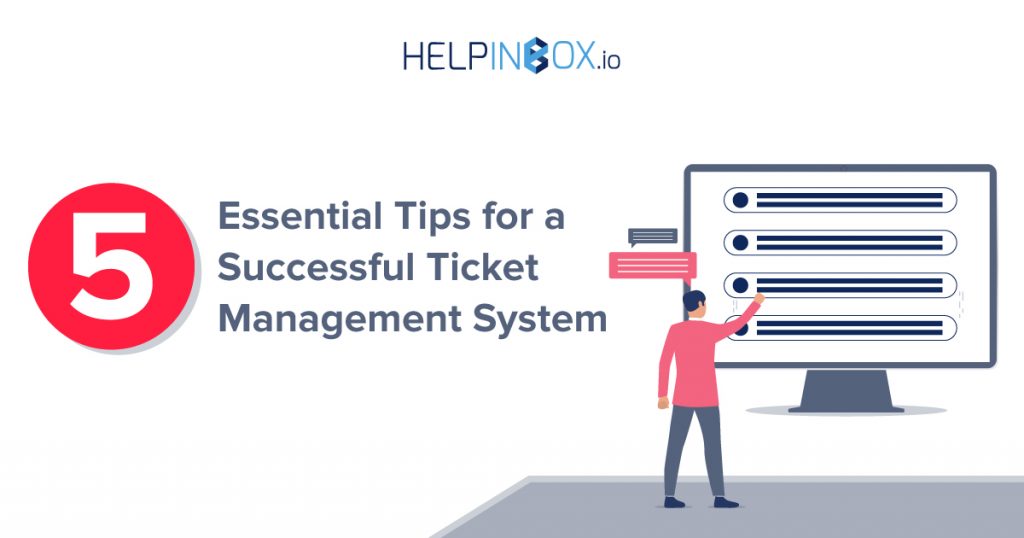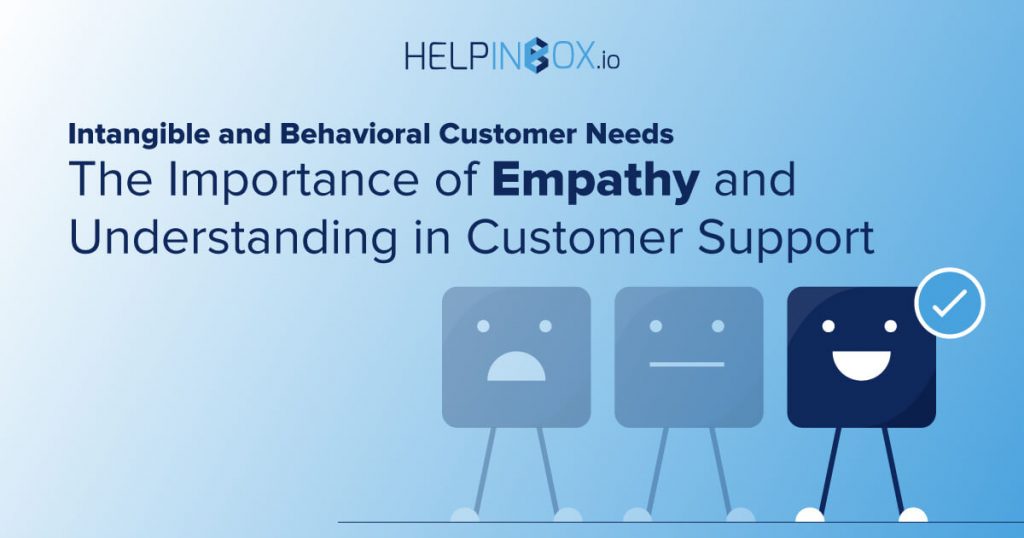Transforming Helpdesk Operations: How Customer Feedback Drives Agility and Improvement
In the fast-paced world of customer service, staying ahead of the curve is crucial. While technical prowess and product knowledge are essential, truly exceptional helpdesk operations prioritize a secret weapon: customer feedback.
This blog delves into the transformative power of customer feedback, exploring how it can fuel agility, pinpoint areas for improvement, and ultimately empower your team to deliver exceptional service.
Part 1: Why Feedback Matters
The equation is simple: happy customers equal good business. But how do you ensure customer satisfaction? Here’s where feedback steps in, acting as a vital bridge between your helpdesk and a deeper understanding of your customers’ needs.
- Happy Customers, Loyal Customers: Satisfied customers are more likely to become loyal brand advocates. Positive feedback reveals what’s working well, allowing you to build upon those strengths and further enhance the customer experience. Conversely, negative feedback, while often frustrating, presents a valuable opportunity for improvement. By actively listening to customer concerns and addressing them promptly, you demonstrate a commitment to ongoing improvement, fostering trust and loyalty.
- Feedback Reveals the Unseen: Many customer issues may not be readily apparent. Feedback acts as a window into the customer journey, revealing hidden pain points, frustrations, and areas where your helpdesk processes might be falling short.
Part 2: Feedback Fuels Improvement
Now that we’ve established the importance of customer feedback, let’s explore how to leverage it to continuously improve your helpdesk operations.
- Finding Customer Pain Points: Customer feedback, whether positive or negative, provides invaluable insights into areas where your helpdesk struggles. Analyze feedback across various channels – surveys, emails, social media comments, and even live chat transcripts. Look for recurring themes and identify common customer frustrations. Are agents taking too long to resolve issues? Is there confusion regarding specific policies? By pinpointing pain points, you can prioritize areas for improvement and implement targeted solutions.
- Making Data-Driven Changes: Feedback isn’t just about anecdotes – it’s about data! Analyze feedback through various metrics. Are first-call resolution rates dropping? Is customer satisfaction declining? Quantifying feedback allows you to measure the impact of changes and ensure that your efforts are making a tangible difference in customer satisfaction.
- Continuously Improve Your Helpdesk: The beauty of feedback is that it facilitates a continuous improvement loop. Once you’ve identified pain points and analyzed data, it’s time for action! Implement new processes, streamline workflows, or even conduct additional training for your helpdesk agents based on the insights gleaned from feedback. Continuously monitor the impact of these changes through further feedback analysis, ensuring your helpdesk remains agile and adaptable to ever-evolving customer needs.
Empowered Team, Happier Customers:
By embracing a customer feedback-driven approach, you empower your helpdesk team to provide exceptional service. Armed with valuable insights into customer needs, your agents can proactively address issues, resolve problems efficiently, and ultimately turn frustrated customers into loyal brand advocates.
Beyond the Basics: Strategies for Effective Feedback Collection
While simply collecting feedback is a positive step, maximizing its effectiveness requires a strategic approach. Here are some additional tips to consider:
- Multiple Channels: Offer customers a variety of ways to provide feedback, from surveys and email forms to social media channels and live chat options. This caters to diverse customer preferences and ensures everyone has a voice.
- Make it Easy: Feedback forms and surveys should be user-friendly and require minimal effort. Keep them concise and offer clear instructions.
- Incentivize Participation: Consider offering small incentives, like discounts or loyalty points, to encourage feedback.
- Close the Loop: When customers take the time to provide feedback, don’t leave them hanging! Acknowledge their input and let them know how their feedback will be used.
Conclusion: The Feedback Advantage
By fostering a culture of continuous improvement fueled by customer feedback, your helpdesk can transform from a reactive entity to a proactive one. You’ll build a team that anticipates customer needs, resolves issues efficiently, and ultimately delivers a top-notch service experience that keeps customers happy and coming back for more. Remember, in the age of experience-driven customer loyalty, prioritizing customer feedback isn’t just an option – it’s the key to unlocking a successful and sustainable helpdesk operation.
 2982
2982









